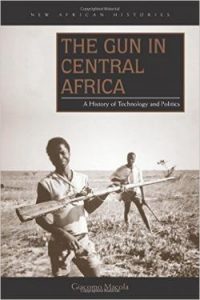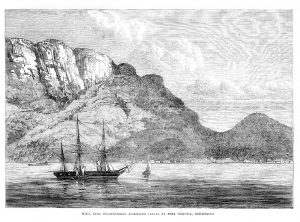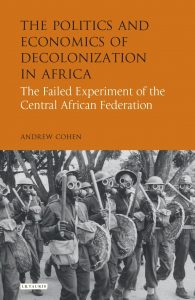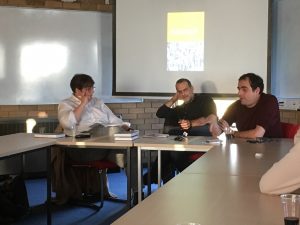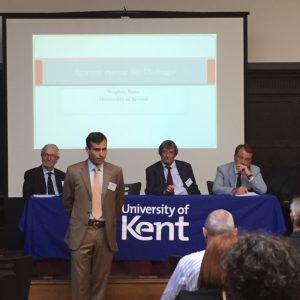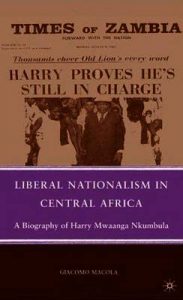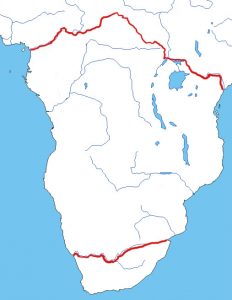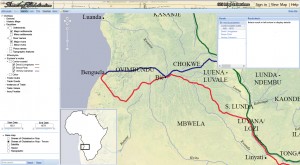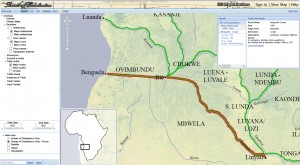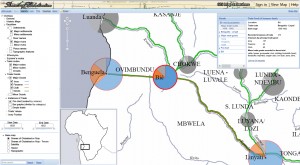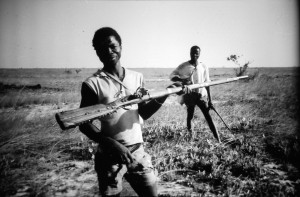The Centre for the History of Colonialisms is pleased to announce the publication of a new book by Dr Giacomo Macola. The Colonial Occupation of Katanga consists of a translated and richly annotated edition of the personal correspondence of Lieutenant (later Captain) Clément Brasseur, the military officer in charge of Lofoi, the first post of the Congo Free State in Katanga. The letters date from September 1893, the month of his arrival in the region, and continue up to 9 November 1897, the day before his career of conquest and subjugation came to a violent end outside the trader Kiwala’s fortified camp on the Luapula River. All of the seventeen long 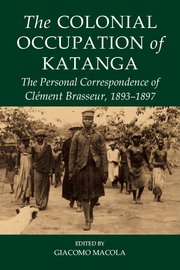 letters included in the volume are addressed to Brasseur’s elder brother, Désiré, a fellow military officer; most of them take the form of regularly updated journals and travelogues.
letters included in the volume are addressed to Brasseur’s elder brother, Désiré, a fellow military officer; most of them take the form of regularly updated journals and travelogues.
Brasseur’s dense personal correspondence describes in exceptional detail both his day-to-day activities and administrative determinations and the numerous military operations that he and/or his local allies undertook with a view to impressing upon Katangese communities the need to comply with instructions relating to taxation in kind and labour. The striking candidness and directness of the records presented in this edition challenge top-down understandings of the violent workings of the Congo Free State, cast unprecedented light on early colonial state-building in Katanga and show that the latter process was deeply informed by African strategies and interests. These themes are systematically pursued in the volume’s extensive introduction, which advances the idea that the Congo Free State is best understood as a continuation of the nineteenth-century warlord order in Central Africa, rather than the embodiment of a ‘modern’ colonial project.
The book can be bought here: https://global.oup.com/academic/product/the-colonial-occupation-of-katanga-9780197266496?cc=gb&lang=en&#
